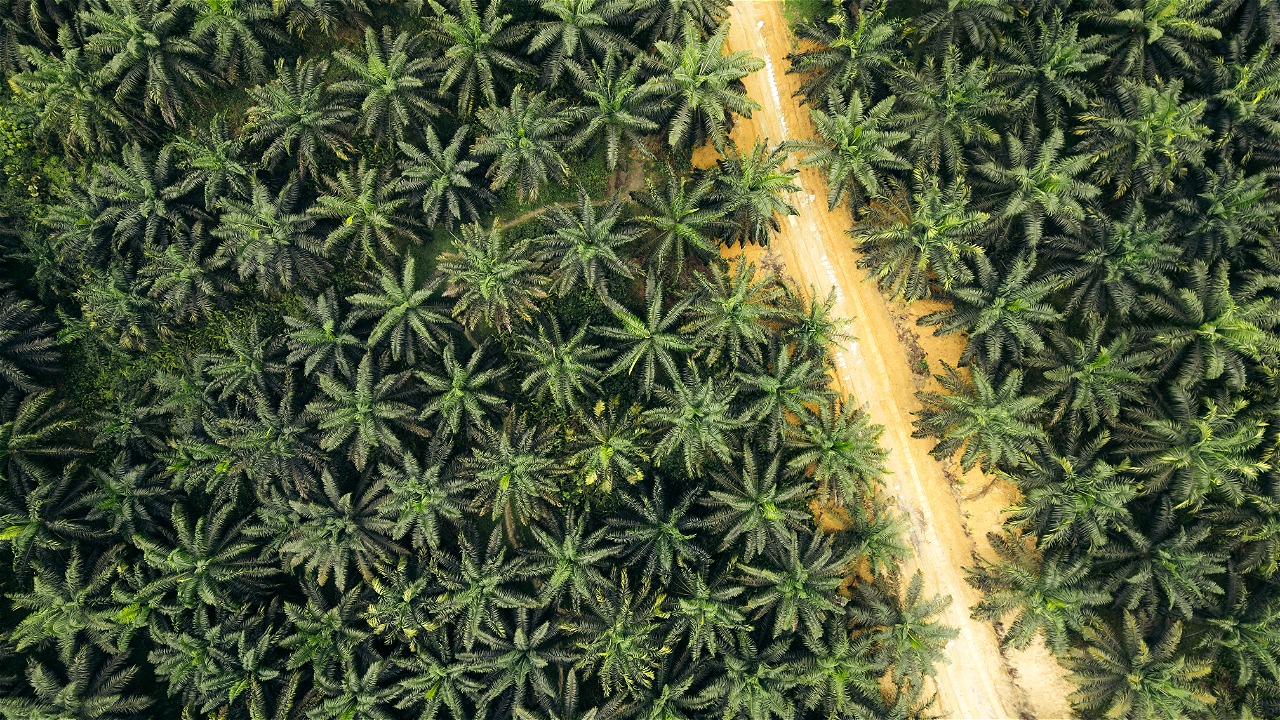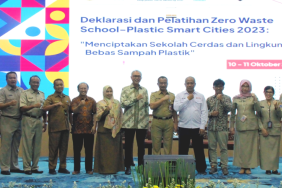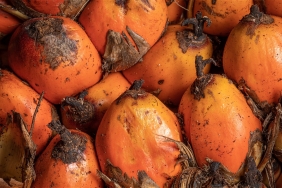WWF-HSBC ENCOURAGES CERTIFIED PALM OIL FARMERS IN SINTANG
Sintang - WWF-Indonesia West Kalimantan Program together with Hongkong and Shanghai Banking Corporation (HSBC) Indonesia collaborate to strengthen farmers in the implementation of sustainable palm oil practices in Sintang. This program is expected to lead to the acquisition of independent oil palm smallholder certificates.
Sintang Regent Jarot Winarno in his speech read by Vice Regent Askiman welcomed this initiative. "We hope that farmers can carry out their business activities in a sustainable manner," he said at the Launch of the Program Towards Certification - Strengthening the Role of Farmers in the Implementation of Sustainable Palm Oil Practices in Sintang, Tuesday (27/2/2018).
The Regent explained that WWF-Indonesia has been present in Sintang for a long time. Many contributions have been made to the Sintang Government in supporting development. Starting from regional planning to increasing the capacity of the apparatus and the community.
"We are grateful for the support that has been given by WWF and HSBC that we are launching this. Hopefully the management of this independent oil palm plantation will be better and can improve the economy of farmers. This activity will later collaborate and synergize with the Sintang District Government in the implementation of projects in the field," he said.
Over the past five years, explained the Regent, the economic structure of Sintang Regency is still dominated by three economic sectors, namely agriculture, trade, hotels and restaurants, and industry.
The Sintang government is currently emphasizing plantation development on five commodities, namely oil palm, rubber, coffee, cocoa, and pepper. Farmers play an important role because some of these commodities have been developed by the community. These commodities are also the drivers of the community's economy.
HSBC Head of Corporate Sustainability Nuni Sutyoko said that palm oil is a plantation subsector commodity that is required to carry out sustainable practices in its management. "The three important aspects are economic, social, and environmental. All three are important pillars to be balanced," she said.
Nuni further explained that oil palm plantations also involve many parties in their governance. "One of the main actors in it is independent smallholders. They play an important role in realizing sustainable palm oil development," Nuni said.
Nuni emphasized that increasing the capacity of independent smallholders is an important step in an effort to make them the main driver of sustainable oil palm plantations at the site level. "HSBC is committed to helping independent smallholders in realizing this," she explained.
Meanwhile, WWF-Indonesia's Kalimantan Director Irwan Gunawan also added that West Kalimantan Province plays an important role as the largest palm oil producer in Kalimantan Island. Statistically, oil palm plantations in West Kalimantan cover an area of approximately 1,455,182 hectares. Most of it is operated by oil palm growers and smallholders who own about 25 percent of the total planted land area.
To address the challenge, Irwan said, WWF and HSBC on June 30, 2014 had signed an agreement to strengthen the smallholder platform towards sustainable palm oil practices in Sintang. "This program is already underway and currently there will be dissemination of the process and achievements of the program to the parties in Sintang," he explained.
Irwan emphasized that HSBC and WWF continue to be committed to helping oil palm independent smallholders in Sintang. The form of commitment is to continue cooperation in supporting independent smallholders who are members of the Rimba Harapan Production Cooperative for the next three years (2018-2020).
The main objective of the upcoming three-year intervention is to empower oil palm independent smallholders to obtain RSPO and ISPO certification. In addition, the program targets strengthening economic resilience for cooperative members by identifying and building business plans for sustainable alternative income.
Another important part of the program is to maintain and increase support from the local government and continue capacity building for key actors, as well as enhance learning by comprehensively documenting the process which will be disseminated to be used as a promotional tool for sustainable oil palm plantation practices.




